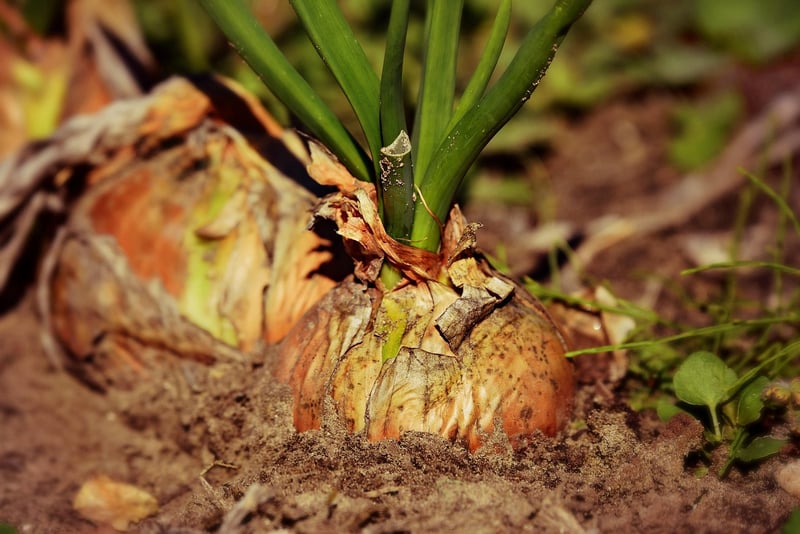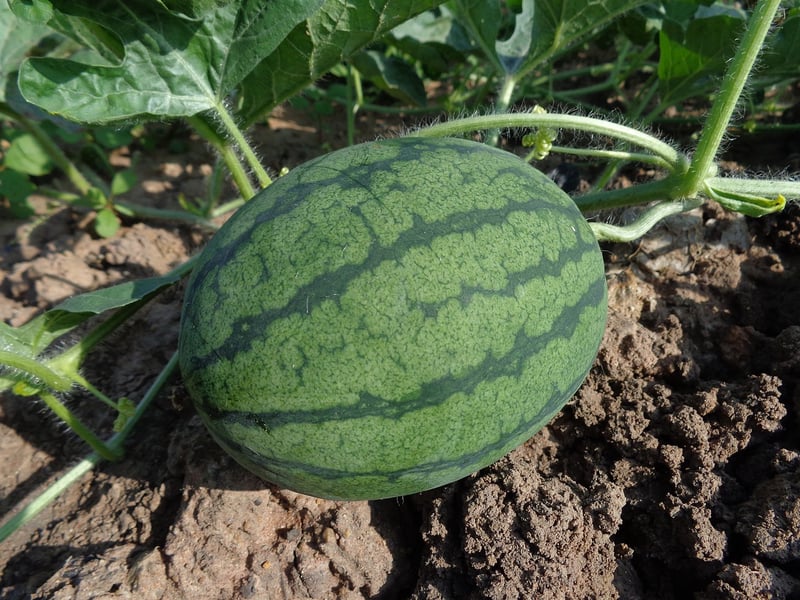Soil Management
Nurturing Plants: Essential Tips for Soil Management
Whether you are a seasoned gardener or just starting with your indoor plant collection, understanding how to nurture your plants through proper soil management is essential for their health and growth. The soil serves as the foundation for your plants, providing them with nutrients, water, and support. Here are some valuable tips to help you ensure your plants thrive:
Choose the Right Soil
Choosing the right soil is crucial for your plants' well-being. Different plants have different soil requirements, so it's essential to select a soil type that suits your specific plants. For example, succulents thrive in well-draining soil, while tropical plants may require a more moisture-retentive mix.
Regularly Monitor Moisture Levels
Overwatering or underwatering your plants can have detrimental effects on their health. Make sure to monitor the moisture levels in the soil regularly. Stick your finger into the soil to check for moisture or use a moisture meter for more accurate readings. Adjust your watering schedule based on your plant's needs.
Add Nutrients with Fertilizer
Plants require essential nutrients to grow and flourish. While soil provides some nutrients, supplementing with fertilizer can help ensure your plants have everything they need. Choose a fertilizer that suits your plant type and feed your plants according to the instructions provided.
Aerate the Soil
Compacted soil can hinder root growth and prevent proper water and air circulation. Regularly aerate the soil by gently loosening it with a fork or a small garden tool. This will help improve drainage and allow roots to access oxygen more easily.
Control Soil pH
The pH level of the soil can impact nutrient availability to plants. Test the pH of your soil using a pH testing kit and adjust it as needed. Most plants prefer slightly acidic to neutral soil, so if your soil is too acidic or alkaline, you can amend it with appropriate additives.
Mulch for Moisture Retention
Applying a layer of mulch on top of the soil can help retain moisture, regulate soil temperature, and suppress weed growth. Organic mulches like shredded leaves or bark chips can also decompose over time, enriching the soil with organic matter.
Conclusion
By following these soil management tips, you can create a healthy environment for your plants to thrive. Remember that each plant is unique, so observe and adjust your care routine based on individual plant requirements. With proper soil management, you can enjoy a lush and vibrant indoor or outdoor garden.
Images source: Pixabay

